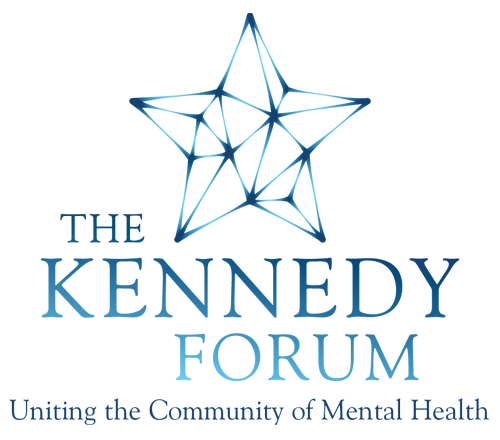 By Ralph Ibson, National Policy Director, Wounded Warrior Project
By Ralph Ibson, National Policy Director, Wounded Warrior Project
Care For Your Mind is honoring all veterans with a series of posts examining policy issues and advocacy projects around access to quality mental health care. In this first post, Ralph Ibson, National Policy Director, Wounded Warrior Project shares his views on the treatment options available to post 9/11 veterans through the VA health care system.
Efforts to provide a continuum of care to veterans
With high percentages of post-9/11 veterans now experiencing war-related mental health problems, the VA health care system faces a generational challenge. As Dr. Charles Hoge, a leading researcher in the field described it, “veterans remain reluctant to seek care, with half of those in need not utilizing mental health services. Among veterans who begin PTSD treatment with psychotherapy or medications, a high percentage drop out…with only 50% of veterans seeking care and a 40% recovery rate, current strategies will effectively reach no more than 20% of all veterans needing PTSD treatment.”









Connect With Us